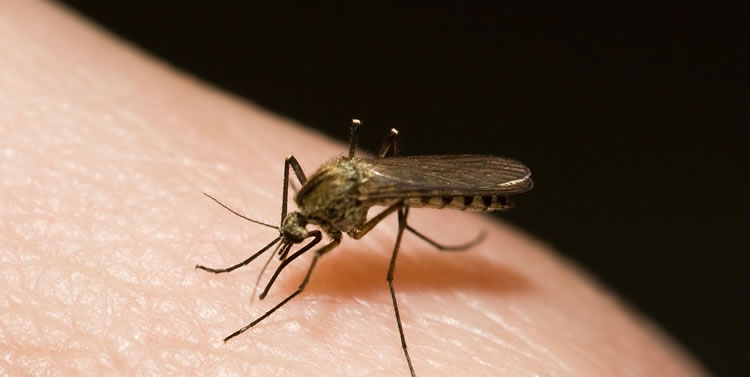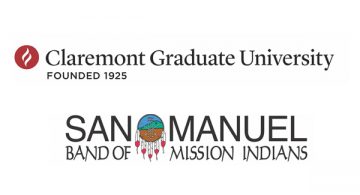UC Riverside-led Team Wins $14.9 Million DARPA Grant to Battle Disease-carrying Mosquitoes


Riverside, Ca. – A University of California, Riverside scientist is leading a team of researchers that will receive up to $14.9 million dollars from The Defense Advanced Research Projects Agency (DARPA) to be part of the “Safe Genes” program to study innovative genetic techniques to control disease-causing mosquitoes.
With the contract, believed to be the largest ever received by a UC Riverside researcher, Omar Akbari, an assistant professor of entomology, and his team will focus on a technique known as “gene drive.” It has the potential to spread desirable genes in wild populations and suppress harmful organisms.
“Our primary goal is to safely test and innovate these technologies strictly in the laboratory,” said Akbari, who led the collaboration of six UC campuses. “We hope our efforts will broaden our fundamental understanding of the potency of gene drives to help better understand how they may behave in the natural environment if ever released.”
The researchers want to understand the potential risks and benefits of using gene drives to control mosquitoes that carry diseases including Zika, chikungunya, dengue, and yellow fever. Gene drives have ever greater promise because the recently discovered CRISPR/Cas9 gene editing technique has the potential to create, streamline, and improve the development of gene drives.
Insects that carry disease represent one of the greatest worldwide threats to human health, with billions of people at risk of infection. Last year, more than 700 million people were infected with malaria or dengue fever, resulting in 440,000 deaths. And the prevalence of the Zika virus is rising.
Protecting the public from these diseases is difficult. Vaccines to prevent the diseases either don’t exist, or are not effective. And current mosquito control methods are inadequate, as mosquitoes have become resistant. That creates a critical need for a transformative, species-specific, safe, and effective method to control mosquitoes.
The initial research will focus on the Aedes aegypti mosquito, which spreads diseases including Zika virus, dengue fever and yellow fever virus. But the technologies developed are meant to be later applied to other mosquito species, responsible for spreading diseases such as malaria and West Nile virus.
In addition to Akbari, the other team members are: Craig Montell (UC Santa Barbara); Anthony James (UC Irvine); Ethan Bier, Valentino Gantz, Sergey Kryazhimskiy, Justin Meyer and Cinnamon Bloss (UC San Diego); Gregory Lanzaro (UC Davis) and John Marshall (UC Berkeley).
























